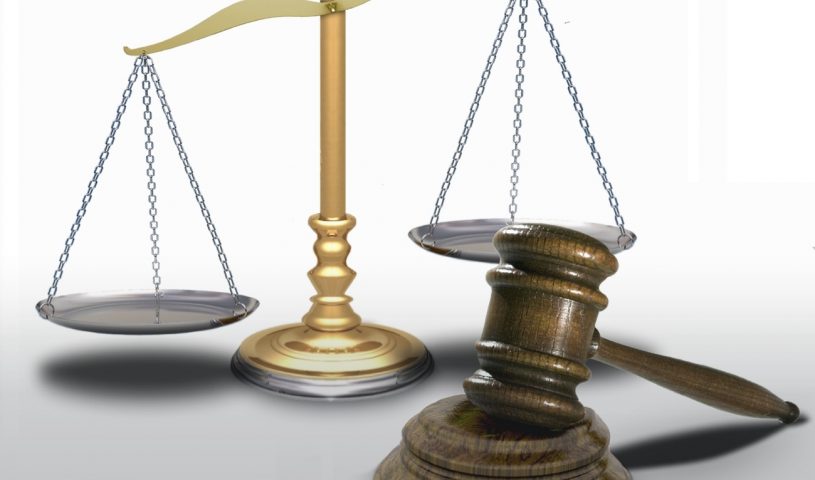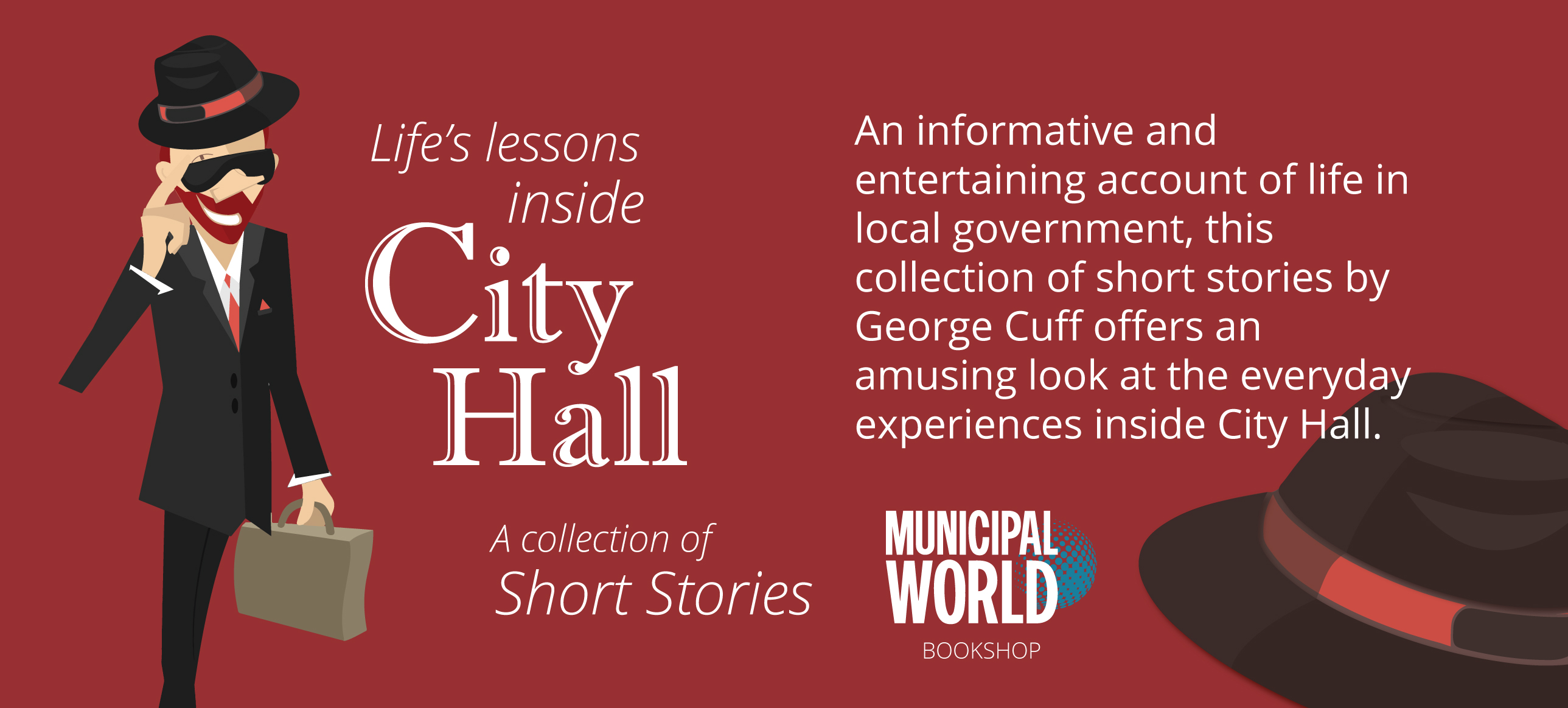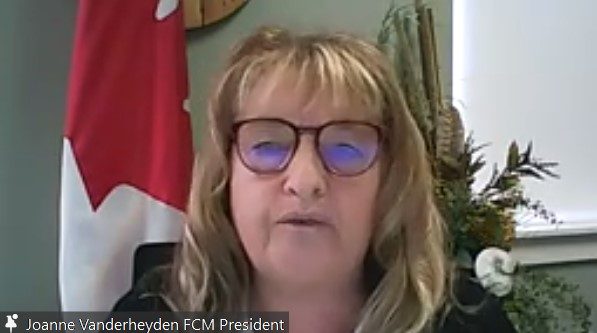Twists and turns in Toronto's 2018 election debacle
 gavel and scale
gavel and scale
(Updated September 19, 2018)
In a decision for the Ontario Superior Court on September 10, 2018, Justice Edward P. Belobaba set aside the impugned provisions in Bill 5 that purport to reduce the number of wards in the City of Toronto from 47 to 25. He found that the provisions substantially interfered with the municipal candidate’s freedom of expression guaranteed under s. 2(b) of the Charter of Rights, as well as the municipal voter’s freedom of expression under s. 2(b) … and in particular her “right to cast a vote that can result in effective representation.”
The provincial government moved immediately to request a stay of that decision, in addition to filing an appeal.
At the same time, the province also acted to quickly reintroduce the legislation as Bill 31, with a provision invoking its authority under section 33 of the Charter. (Section 33 gives the province the power to “expressly declare in an Act of Parliament or of the legislature, as the case may be, that the Act or a provision thereof shall operate notwithstanding a provision included in section 2 …”)
On September 19, a panel of three court of appeal judges announced its decision to stay the lower court’s ruling, pending the outcome of the formal appeal. For Toronto, this means the election is now to proceed on the basis of 25 wards, as per the province’s legislation in Bill 5. And, it appears that Bill 31 will not proceed – for now, at least.
So, the city’s election on October 22, 2018 shall proceed as modified under Bill 5, on the basis of 25 wards.
The lower court’s decision includes some important analysis, weighing the authority of the province under subsection 92(8) of the Constitution Act, 1867 to pass laws in relation to “Municipal Institutions in the Province” against the Charter argument raised in the application. In particular, Belobaba J. reinforced the paramount importance of preserving the integrity of the election process:
[73] The Supreme Court has stated time and again that “preserving the integrity of the election process is a pressing and substantial concern in a free and democratic society.” Passing a law that changes the City’s electoral districts in the middle of its election and undermines the overall fairness of the election is antithetical to the core principles of our democracy.
[74] Even if the Province could establish that the two rationales that were provided to explain Bill 5 were so pressing and substantial as to justify its enactment in the middle of the City’s election, the Province could not establish proportionality, and in particular minimal impairment. As the Supreme Court noted in RJR-MacDonald, “[I]f the government fails to explain why a significantly less intrusive and equally effective measure was not chosen, the law may fail.”
[75] Dealing with the first objective, improved efficiency in City Council debates, the Province has not shown why a significantly less intrusive and equally effective measure was not chosen, such for example, imposing time limits on debate, or more to the point, delaying the coming into force of the City Council restructuring law until after the City’s election.
[76] Dealing with the second objective, voter parity, and giving the Minister the benefit of the doubt that he understood that the primary concern is not voter parity but effective representation, there is no evidence of minimal impairment. The Province’s rationale for moving to a 25-ward structure had been carefully considered and rejected by the TWBR and by City Council just over a year ago. If there was a concern about the large size of some of the City’s wards (by my count, six wards had populations ranging from 70,000 to 97,000) why not deal with these six wards specifically? Why impose a solution (increasing all ward sizes to 111,000) that is far worse, in terms of achieving effective representation, than the original problem? And, again, why do so in the middle of the City’s election?
[77] Crickets.
[78] I am therefore obliged to find on the evidence before me that the breaches of s. 2(b) of the Charter as found above cannot be demonstrably justified in a free and democratic society and cannot be saved as reasonable limits under s. 1.
In granting the stay of Belebaba J’s ruling, however, the appeals court justices characterized it as a “dubious ruling that invalidates legislation duly passed by the legislature,” and indicated it was likely that the appeal would also succeed. The outcome of the appeal – and whether the lower court decision will ultimately be overturned or upheld – is anticipated later this fall. Stay tuned!
With excerpts from City of Toronto et al v. Ontario (Attorney General), 2018 ONSC 5151



